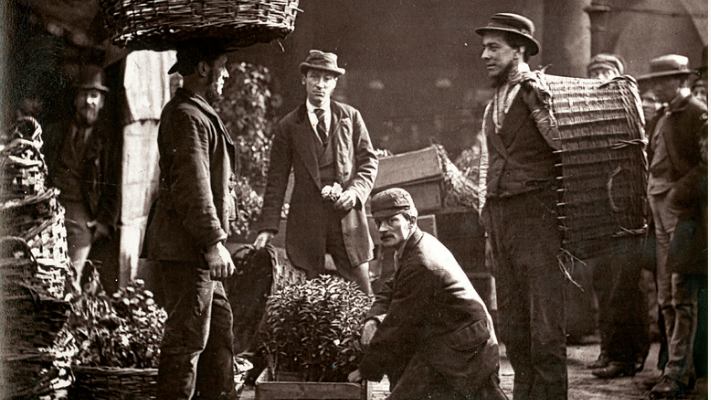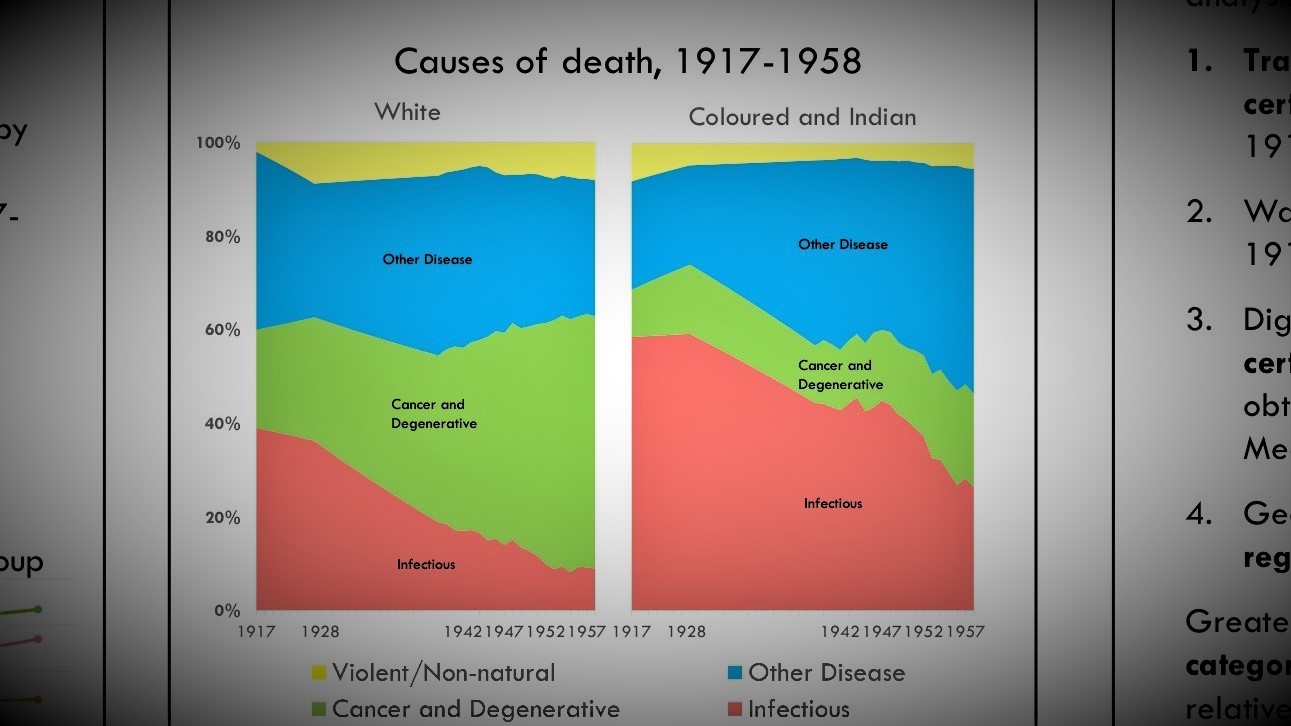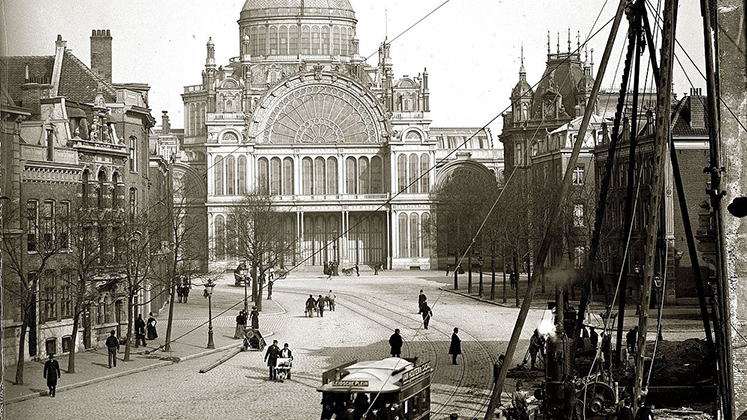How does revolutionary technological change impact wealth inequality? In their new working paper, Industrialization, Returns, Inequality, recent LSE Visiting Fellow Felix Kersting and co-authors Thilo Albers, Timo Stieglitz delve into the mother of all technological shocks—the Industrial Revolution. In the context of 19th century Prussia, they examine how industrialisation drove wealth inequality to its historical peak and what mechanisms underlie this unparalleled concentration of wealth.
Using new sub-national data, the authors explore the geographical variation in this wealth inequality.

They establish that industrialisation did indeed fatten the tail of the wealth distribution: where Prussia industrialised, the top one percent got wealthier. To put it in numbers, a one standard deviation increase in industrial employment led to a shift of more than seven percentage points in the top one percent wealth share. However, not all with capital profited equally. Much of the increase in top percentiles was driven by polarisation at the top. Elites differed in their ability to accumulate wealth.
With individual-level data on Prussian millionaires, Albers, Stieglitz, and Kersting can detail why this was. Industrialisation replaced traditional, land-owning elites with new industrialists. Industrial assets saw significantly higher returns. The new industrial entrepreneurs earned over six percent on their capital, the landed agricultural elite a mere four percent. The industrial sector further exhibits returns-to-scale unseen in agricultural production. As they scaled their business, growth in output and profits outpaced the increases in labour and capital costs. This allows profits to grow over time and widens the gap in wealth between new and old elites.
The authors build a theoretical model to understand to what extent these mechanisms, the availability of higher rates of return on capital in the industrial sector and the shift from agriculture to industry, drive the increase in wealth inequality. Simulations of the theoretical model suggest that the combination of these two features explains about half of the total increase of the top one percent share. The other half resulted from the general increase and higher dispersion of returns induced by the emerging industrial sector.

What do their results tell us about addressing inequality nowadays? There are two main takeaways. The first is heterogeneity in the rates of return on capital matter. Secondly, their simulations suggest that already relatively modest levels of taxation on capital returns, if implemented from the start of the Industrial Revolution, would have substantially slowed down wealth concentration.
Felix Kersting presented this research at a seminar hosted by the Department of Economic History, LSE during his time as Visiting Fellow. You can read the complete working paper here.




